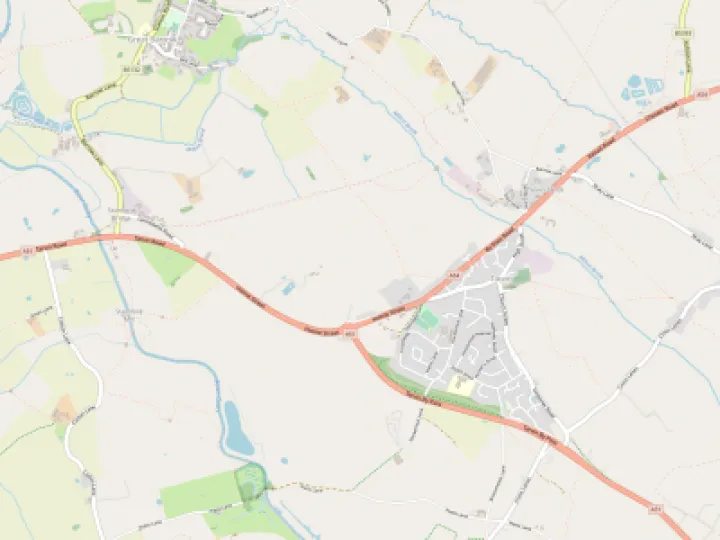Password Protection Campaign
Neighbourhood Watch recently launched the Pa$$W0RD protection campaign to help us find more effective ways of protecting ourselves and our families online. They have created a really straightforward guide with videos to explain these three steps and links to step by step guides on how to do each of them effectively Click here:
We all hear about horror stories of hacking, online scams and identity theft.
But what are the quickest, most important things you can to make sure it doesn't happen to you?
It's as easy as 1-2-3
[1. Create a separate password for email account(s)
2. Use 3 random words in your password
3. Turn on two-factor authentication (2FA)]
Briefly:
1. Create a separate password for your email account
Our personal email accounts contain a great deal of important information about us and are the route to other online accounts, such as online banking, and social media.
If your email account is hacked, your other passwords can be reset by the hacker, so use a $trong password that is different to all your other passwords.
2. Three random words
Weak passwords can be hacked very easily. ThreeRandomWords is the recommended way to generate a strong password. It is easier to remember and would take trillions of years for a computer algorithm to crack it.
For example, AlgerianTableDog... makes no sense to anyone else but its really easy to remember and very hard to hack. Numbers and symbols such as dashes and &$£ also make passwords much harder to crack.
3. Turn on two-factor authentication (2FA)
Two-factor authentication (2FA), now, a security feature in most online systems that gives you an extra layer of protection and stops cybercriminals getting into your accounts – even if they have your password.
It asks you to provide a second factor of information, such as getting a code in a text when you log in, to check you are the account holder.
Check if the online services and apps you use offer Two Factor Authentication – it's often called two-step verification or multi-factor authentication. Turn it on. Start with the accounts you care most about, such as your email and social media. Most banking apps use this automatically.
Quick Links
Get In Touch
TarvinOnline is powered by our active community.
Please send us your news and views.







